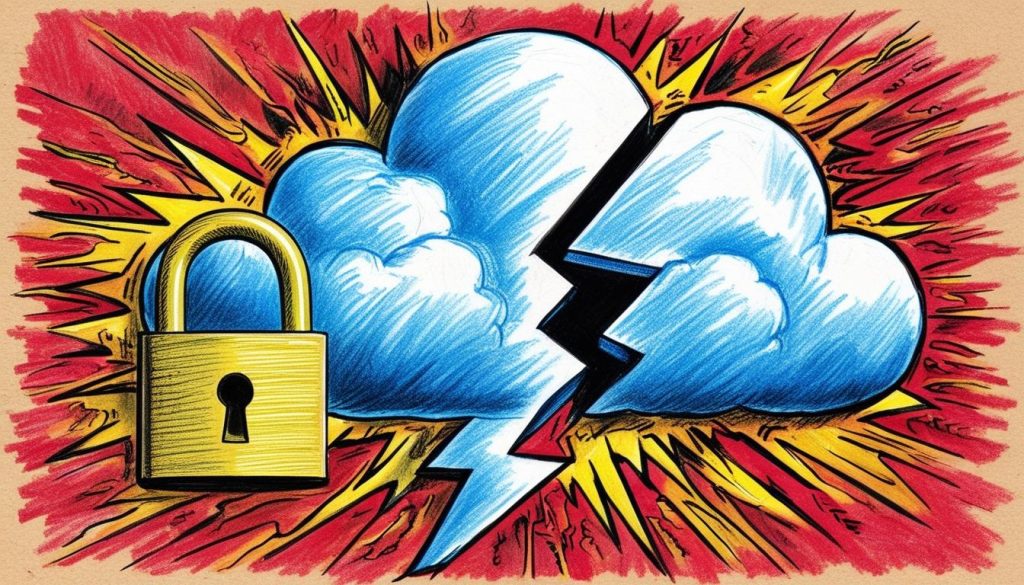A recent incident in Italy highlights the unintended consequences of stringent anti-piracy regulations, temporarily blocking access to Google Drive and revealing flaws in the ‘Piracy Shield’ law.
In a recent mishap, Italy’s stringent anti-piracy regulations have inadvertently led to the temporary blocking of Google Drive, rendering the popular cloud storage service inaccessible for many users within the country. The incident unfolded on the evening of 19th October, raising concerns about the efficiency and accuracy of Italy’s ‘Piracy Shield’ law, which is intended to crack down on illegal streaming services.
This regulatory framework, managed by Italy’s telecom regulator, AGCOM, empowers the organisation to label certain IP addresses as associated with piracy and mandate all internet service providers (ISPs) and virtual private networks (VPNs) to restrict access to those sites. However, the execution of these rules has not been without fault, as demonstrated by an earlier incident involving the erroneous blocking of a dynamic IP address from Cloudflare.
The recent blockage of Google Drive is a prime example of the unintended consequences stemming from this approach. According to reports from Italian publication Wired, a critical domain associated with Google Drive was mistakenly included in a list intended for blocking, leading to the disruption. This domain, identified as drive.usercontent.google.com, is integral to the operation of Google Drive, thus affecting the service’s functionality during the blackout.
The same report indicated that certain YouTube URLs were also misclassified, resulting in partial obstruction of YouTube access across Italy. The underlying issue appears to lie in the law’s structure, which permits rights holders to submit large lists of domains for blocking, with ISPs given a mere 30-minute window to enforce these restrictions. Unfortunately, this haste occasionally results in overblocking, as evidenced by the Google Drive situation.
Although the Piracy Shield contains an ‘allowlist’ meant to safeguard major, trusted sites like Google from such blocks, a critical oversight failed to include the affected Google Drive domain on this list. Consequently, while some ISPs moved to restore Google Drive’s accessibility, others hesitated due to potential penalties associated with unblocking designated domains.
The incident underscores the challenges and implications of implementing broad censorship measures on internet services, where inadvertent blocking can severely disrupt legitimate services. As AGCOM continues to refine its approach, the broader conversation around balancing anti-piracy efforts with maintaining internet accessibility remains a pertinent topic among policymakers and tech companies alike.
Source: Noah Wire Services








